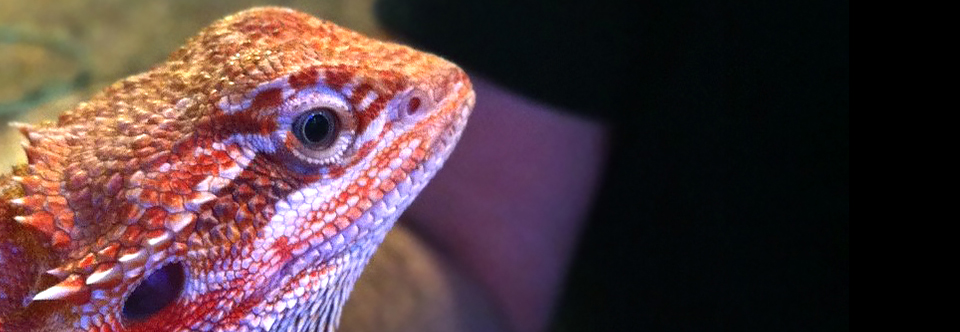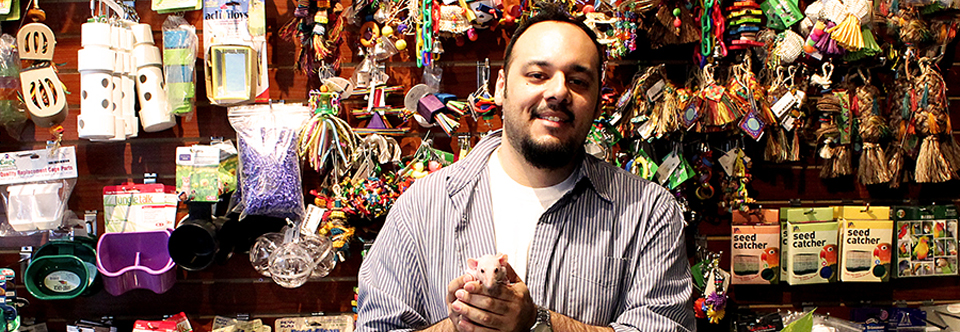
by Fauna | Sep 18, 2013 | Events, Herpetology Club
September means back to school, and it also means we welcome back members of Fauna’s Herpetology Club! Our first meeting served as an introduction to the science of herpetology as we learned the key distinguishing characteristics of reptiles and amphibians, as well as the differences between the two. We then had an extensive hands-on session in our Reptile Room, as we met all the new reptiles at the shop. We had a chance to compare the different textures of the reptiles’ scales, and learned about key differences between lizards and snakes. Our meeting ended with a behind-the-scenes tour of the shop where we got to see where the animals’ meals are prepared and where our breeding reptiles are kept. Written by Jose Rodriguez, Fauna’s Eco-Education Coordinator. Jose runs various programming aimed at different age levels. . To learn more about Fauna NYC, visit our website! Sign up for our eNewsletter for new animal arrivals, product discounts, and upcoming...

by Fauna | Dec 5, 2012 | Children's Story Time, Events, Programs
Jose Rodriguez knew that he wanted a career in animal science since he was a kid growing up in the Bronx. While not exactly teeming with nature, the city did provide glimpses of urban wildlife, which actually proved to be instrumental in his upbringing and future interests. He would spend summers collecting insects, and practicing his own brand of bird-watching. Jose would go on to study Small Animal Care at DeWitt Clinton High School, in the Bronx, focusing on rodents, dog grooming and training, and fresh water aquarium maintenance and technology. This laid the groundwork for his college career. He attended Rutgers University, and majored in Conservation Ecology and Natural Resource Management, with a minor in Entomology. His coursework in entomology was especially important to him. Insect diversity is so impressive, and their sheer numbers are mind-boggling. Insects are both beautiful and unforgiving. Extremely important, yet so misunderstood and often-times feared, he felt that taking the time to study and truly understand insects was the first step towards learning to see the natural world as it should be seen; with a sense of awe, wonder, and respect. After college, Jose took advantage of a great opportunity which would allow him to make a living combining two things he loved, teaching and animals. He took a position as Director of after-school programming for various schools through a non-profit organization in New Jersey. Looking to bring something different and unique to his school’s weekly line-up of activities, Jose developed an animal care and environmental science curriculum, with the goal of exposing other inner-city children to the sciences by using animals as hands-on teaching...




